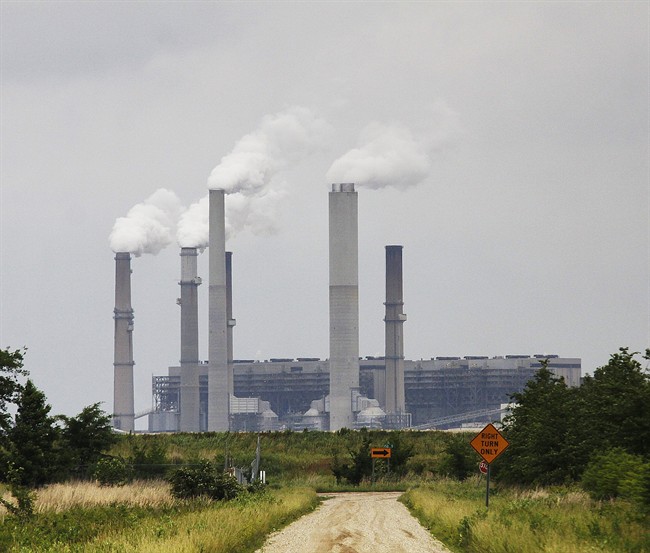Export pipeline capacity limits in Western Canada are expected to continue to drive strong demand for crude storage services offered by Gibson Energy Inc., investors heard Thursday.

The fast-growing Calgary-based company currently handles about one in four barrels of oil exported from Western Canada through its Hardisty terminal in central Alberta.
“There are significant opportunities to continue to grow our Canadian terminals and we expect to sanction one to two million barrels of tankage, or two to four tanks, per year,” said CEO Steve Spaulding on a webcast from the company’s investor day meeting in Toronto.
Gibson’s Hardisty terminal boasts 10 million barrels of storage, with tanks capable of holding another two and a half million barrels under construction. It has access to three export pipelines and a 180,000-barrel-per-day rail terminal.
The company also has 1.7 million barrels of storage at its facility in Edmonton, located on the east end of the city near two refineries, crude-by-rail loading facilities and the starting point of the Trans Mountain pipeline.

Get daily National news
Oil producers in Alberta use Gibson’s storage tanks to “park” barrels in the event of transportation problems, thus temporarily avoiding having to sell oil in an oversupplied market, explained Doug Atkins, vice-president of terminals, on the webcast.
The terminals are also used to blend and segregate some of the 60 varying grades of crude produced in the province before shipping.
Gibson announced Thursday it had struck a deal to sell its trucking division for $100 million, bringing its divestiture proceeds to about $325 million over the past year to be used to expand its terminals in Canada and continue to build a similar operation in the Permian Basin in Texas.
Gibson says Trimac Transportation has agreed to pay about $70 million for its trucking assets and a Trimac affiliate is to pay $30 million for property in Edmonton containing a field office and shop, with the deals expected to close later this year.
Gibson previously announced the sales of its environmental services and wholesale propane businesses for about $225 million.
The company reported last month 2018 net income of $151 million on revenue of $6.8 billion, up from $44 million on $5.7 billion in 2017.
Its oil marketing division posted a profit of $81 million in the fourth quarter thanks to discounted feedstock and rising benchmark prices, driving the segment’s full year earnings to $211 million, a $180-million increase over 2017.
In its initial assessment of the company, credit rating agency DBRS assigned Gibson an investment grade of BBB (low), while applauding its program to sell non-core assets.
It said in a report that while its core Alberta terminal business is stable and backed by long-life firm contracts, its long-term growth is limited by delays in building export pipelines, which impedes approval of new oilsands projects.
Gibson plans to spend $200 million to $250 million on capital projects this year.








Comments
Want to discuss? Please read our Commenting Policy first.